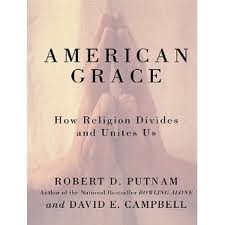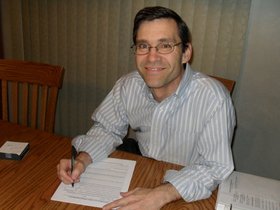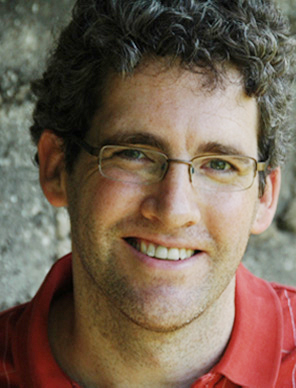There’s an interesting Q&A over at the Faith and Leadership Network today with Robert Putnam, co-author of the book American Grace, which I and others have blogged about recently. One of the book’s most surprising findings is the dramatic increase in the “nones”– those Americans, particularly young adults, who have no religious affiliation. That number could be as high as 25 or 30 percent in the young adult age group, a percentage that has increased rapidly.
Putnam says in the interview:
The fraction of Americans who disclaimed religious identity until 1990 had been essentially flat for a very long time — as long as we have records, actually. It was flat at about 5 or 7 percent.
But then, especially among young people, that has grown very rapidly since 1990. I think there’s a misunderstanding by all sides that it’s somehow to do with atheism. But it actually isn’t to do with atheism hardly at all. Most of these young nones say they believe in God. Most of them were raised in a religious home, and indeed most of them went to Sunday school or religious education of some sort. These are not people who have no exposure to religion, and they’re not people who reject the whole idea of religion. Many of them say that religion is important to them personally. A significant number of them even attend church occasionally.
But they reject the existing menu of organized religious alternatives in America. Most of the explanation for the rise — and this is another misunderstanding — by far the largest single cause, is that these are young people who are moderate to liberal.
According to Putnam, one of the greatest single indicators of whether someone will be affiliated with an organized religion is how he or she feels about homosexuality. Those who embrace homosexuals as equals are far more likely to reject organized religion, even if they pray regularly or have a belief in God.
Apparently the American church’s judgmentalism is one of its greatest turnoffs.


